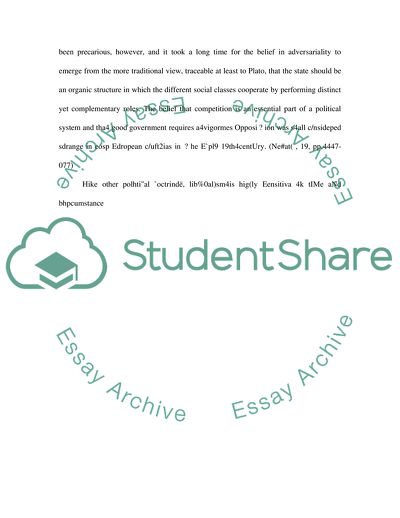Cite this document
(Liberali View of International Relation and Liberalim in Modern Day Coursework, n.d.)
Liberali View of International Relation and Liberalim in Modern Day Coursework. https://studentshare.org/politics/1719250-liberalism
Liberali View of International Relation and Liberalim in Modern Day Coursework. https://studentshare.org/politics/1719250-liberalism
(Liberali View of International Relation and Liberalim in Modern Day Coursework)
Liberali View of International Relation and Liberalim in Modern Day Coursework. https://studentshare.org/politics/1719250-liberalism.
Liberali View of International Relation and Liberalim in Modern Day Coursework. https://studentshare.org/politics/1719250-liberalism.
“Liberali View of International Relation and Liberalim in Modern Day Coursework”. https://studentshare.org/politics/1719250-liberalism.


